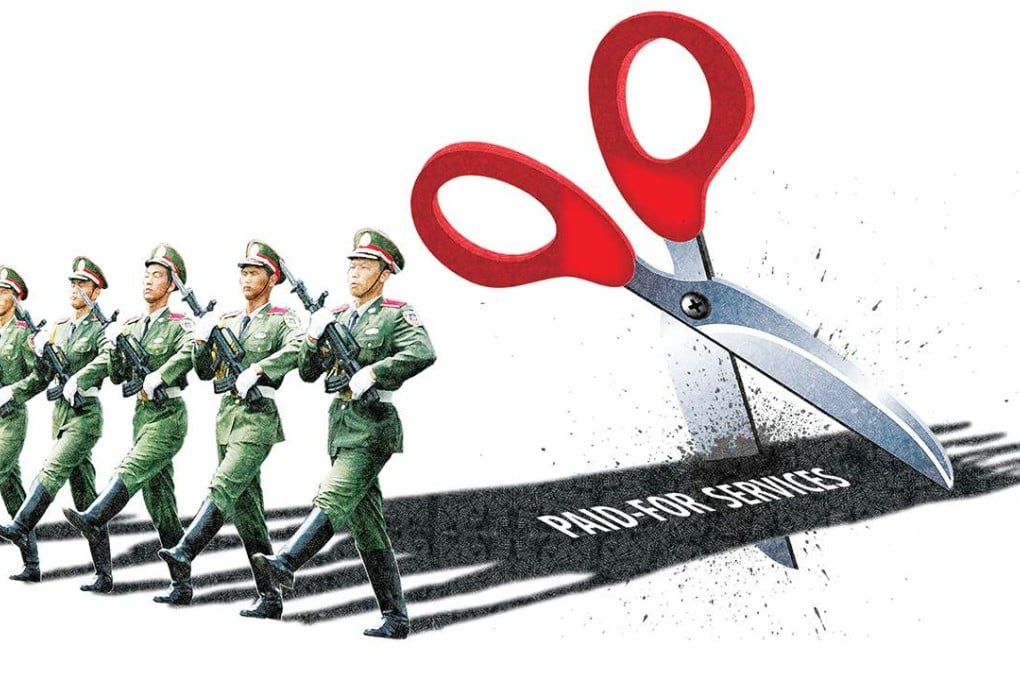Bringing an end to PLA Inc.
For decades the Chinese military has profited from renting out barracks and taking civilians into its hospitals. But Beijing has given notice: those days are over

A Chinese entrepreneur who made a fortune thanks to a favourable property rental deal with the PLA says he supports the new anti-graft guidelines for the military – even though it will cost him millions of yuan.
For the past decade, Henry Lian has built up a successful business selling mosaic tiles for customers around the world, using a converted barracks he leased from the military in Xiamen in southeast Fujian province as his manufacturing base.
“It’s very common for new entrepreneurs like me to rent empty barracks or warehouses because we feel more secure when working on military land. In addition, the location of military properties tends to be good as they are easily accessible,” Lian said.
Hotels and resorts owned by Chinese military enjoyed ‘protection’
“The PLA also offered me cheap rent, which was much lower than the market rate.”
But the new rules mean he must move out, forcing him to scrap equipment worth 50 million yuan (HK$7.72 million or HK$60 million) he installed at the 4.5-hectare site.
“I know the new policy is good and will help the nation’s army concentrate on soldiering, but for me it is a total nightmare,” Lian, 37, said.
He credits the lower rent with helping his company become one of the top three mosaic-tile producers in Fujian. “But now the garrison has ordered me to move out immediately,” he said.